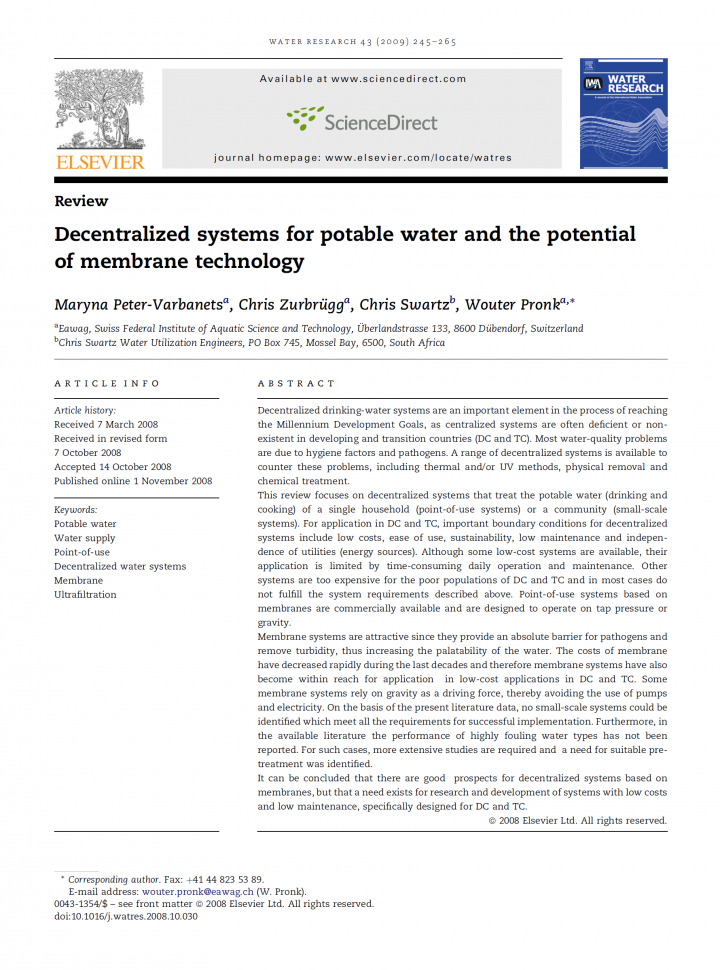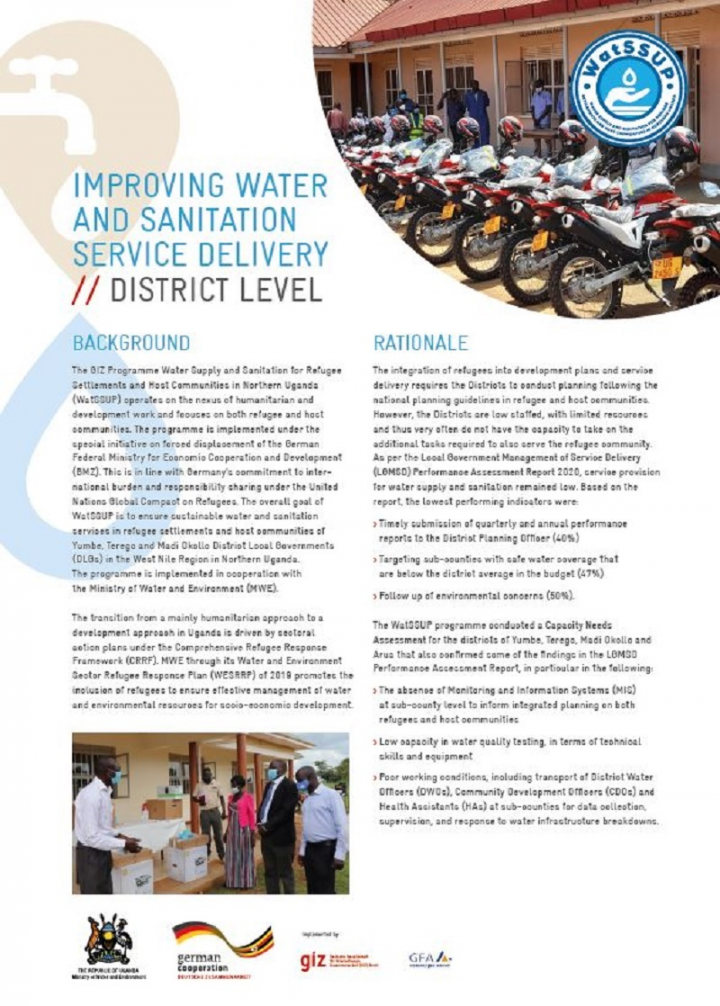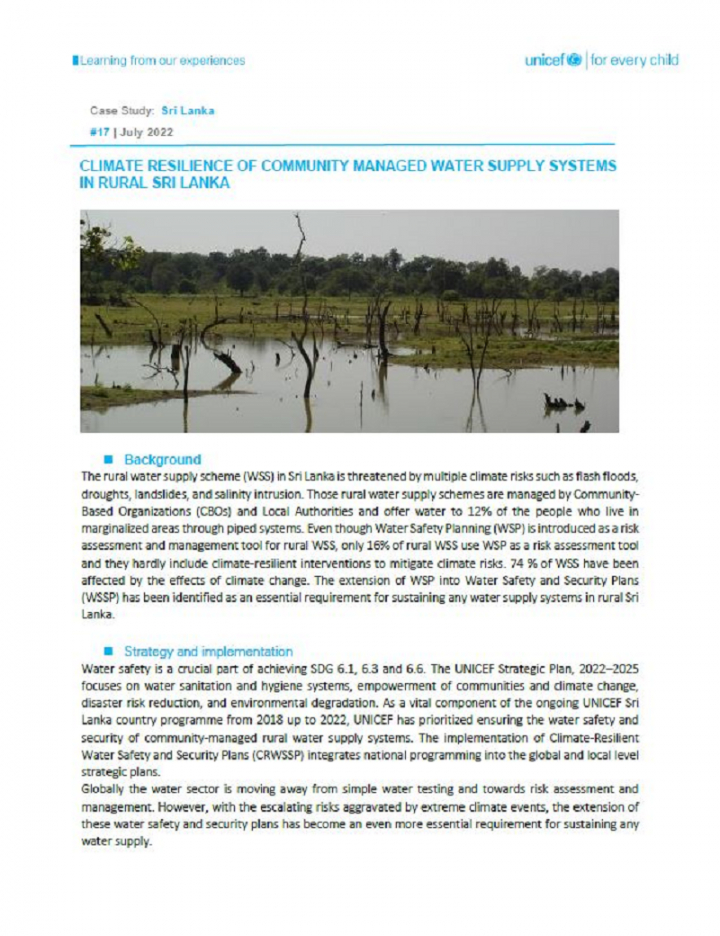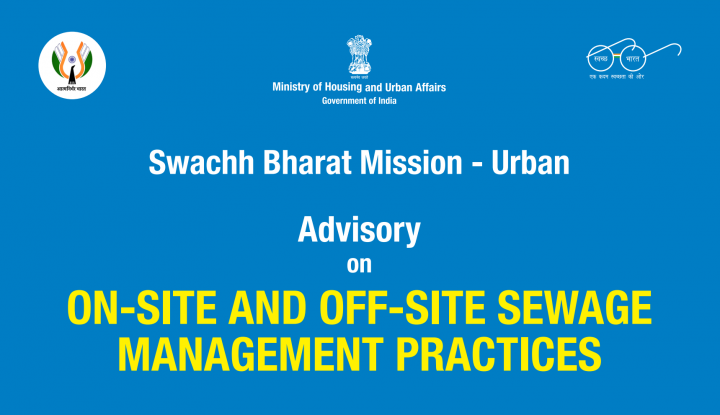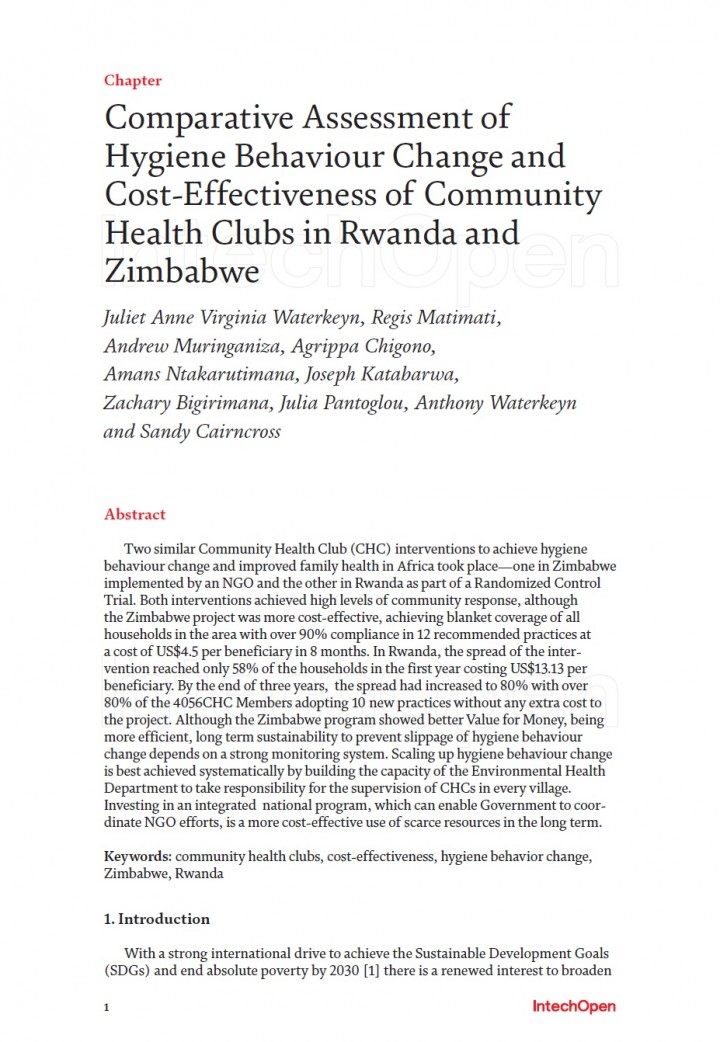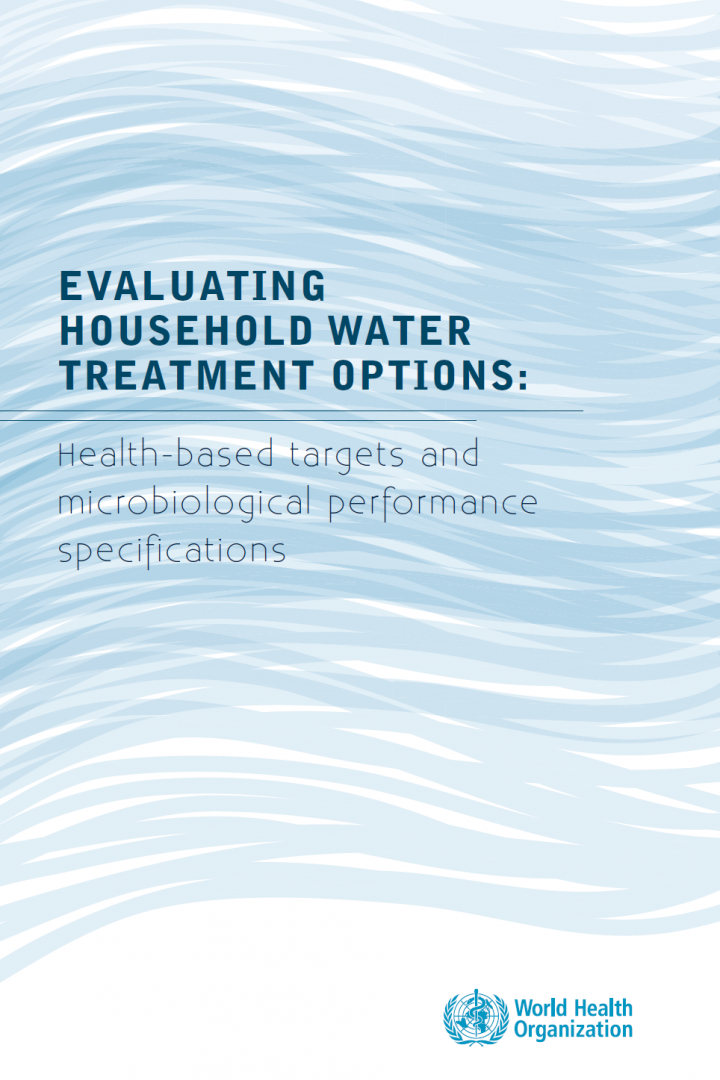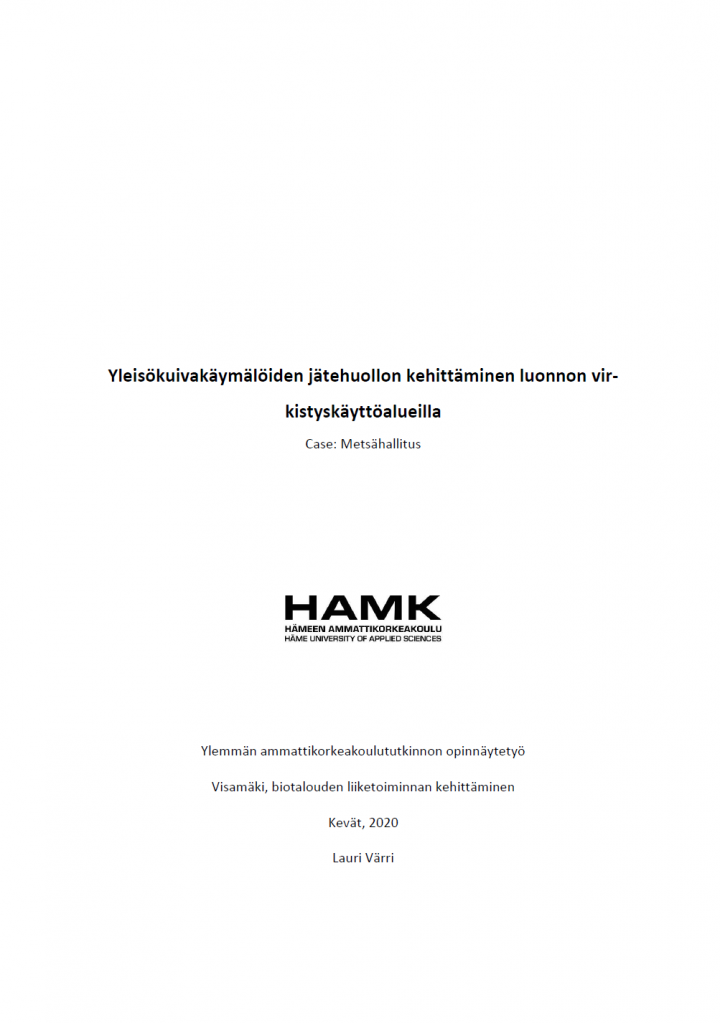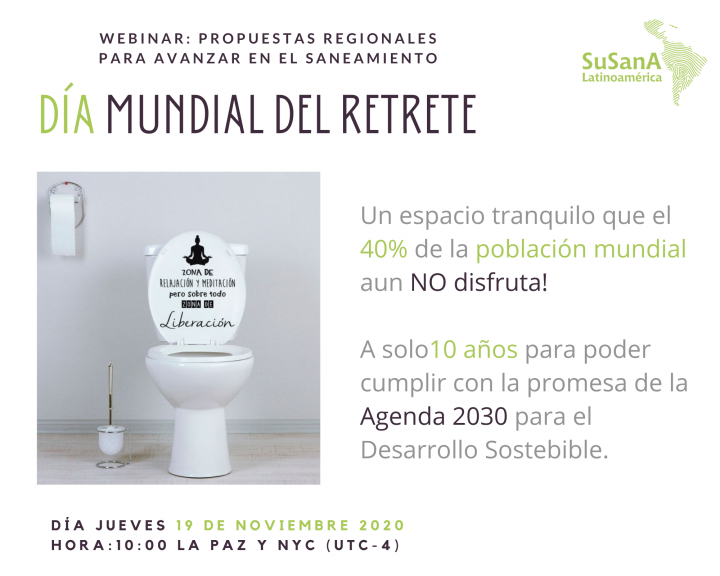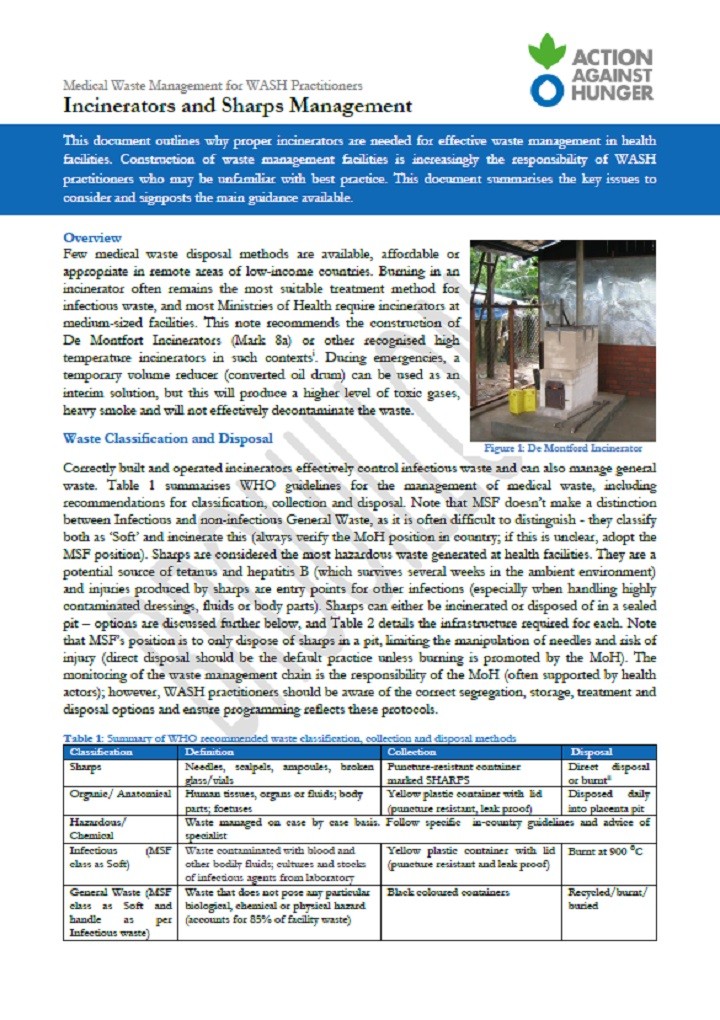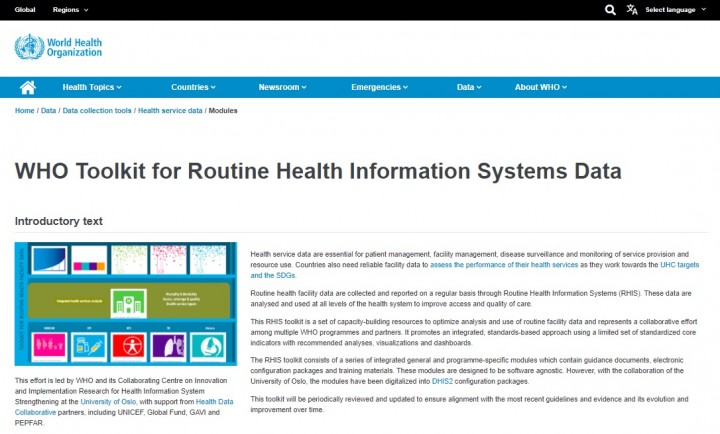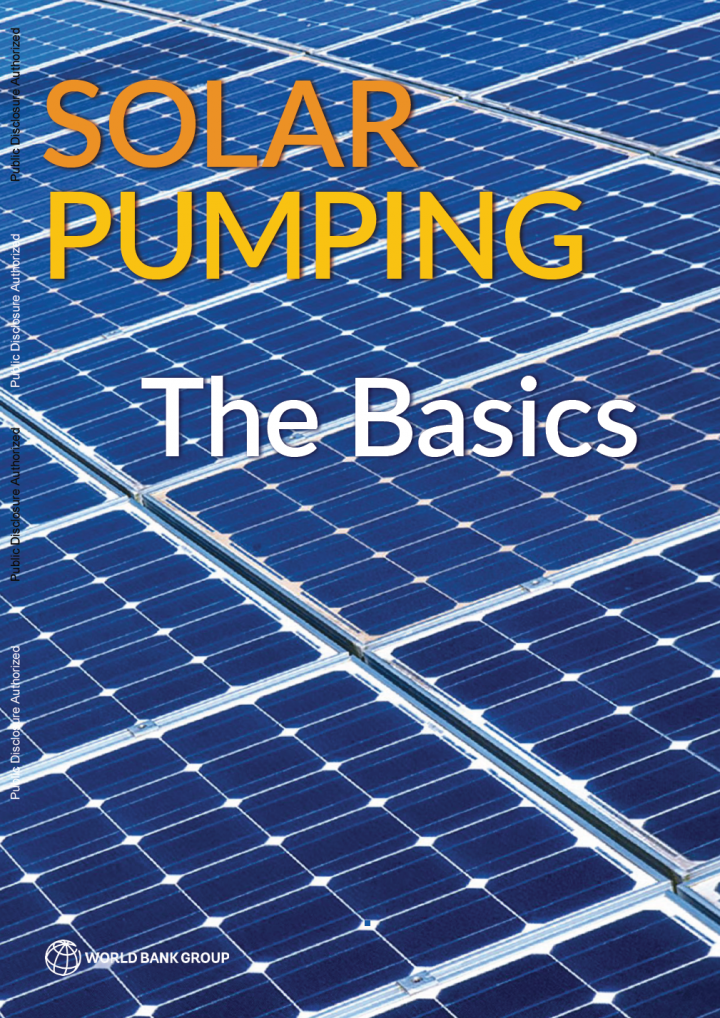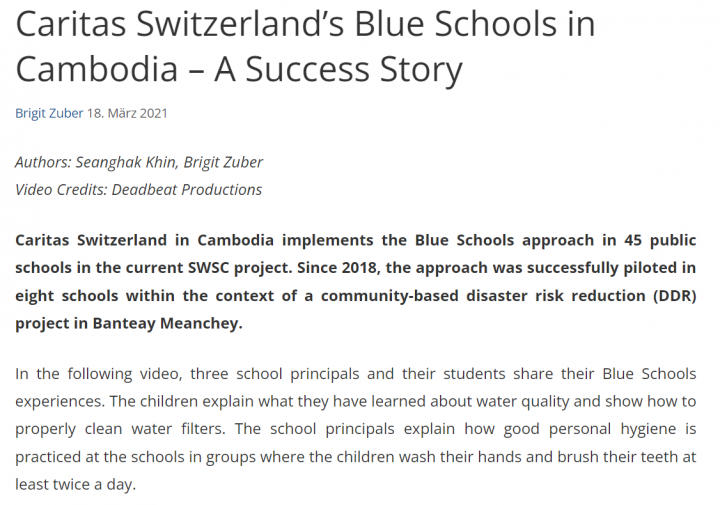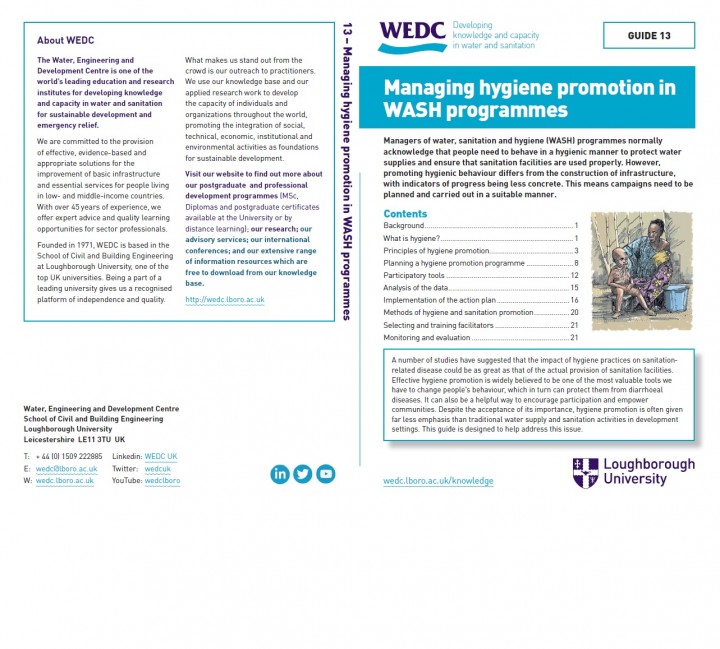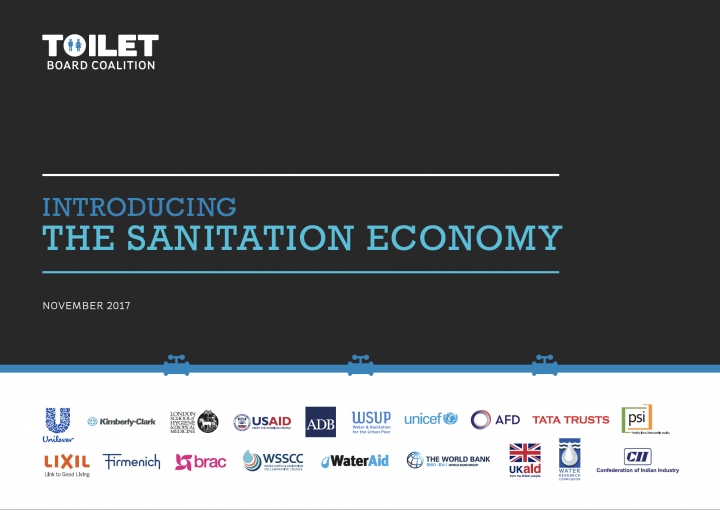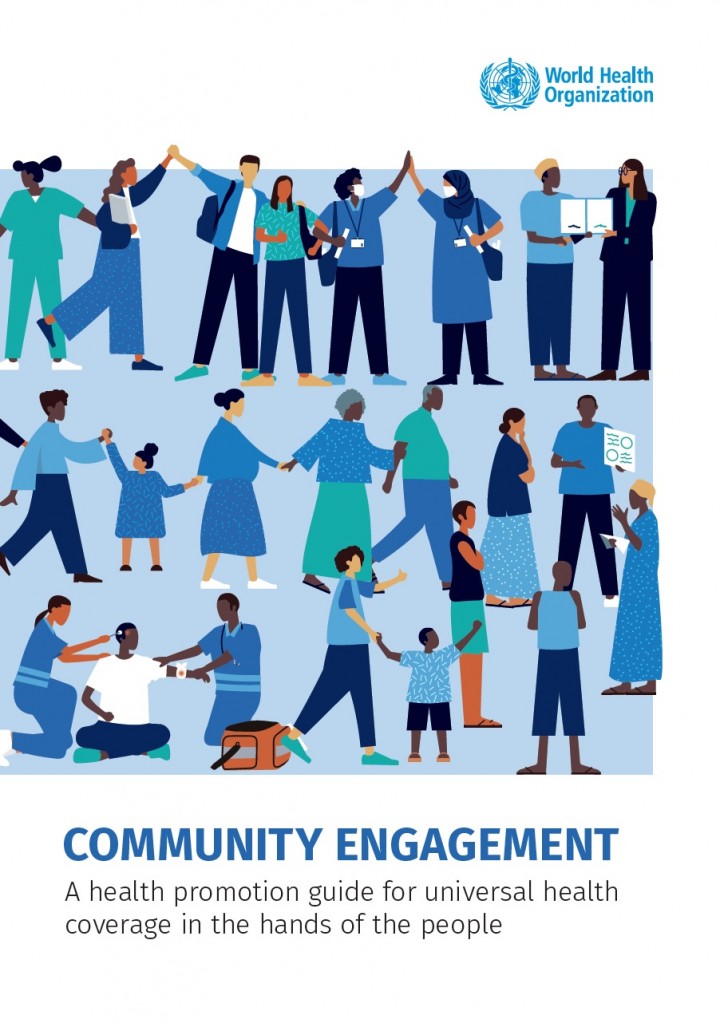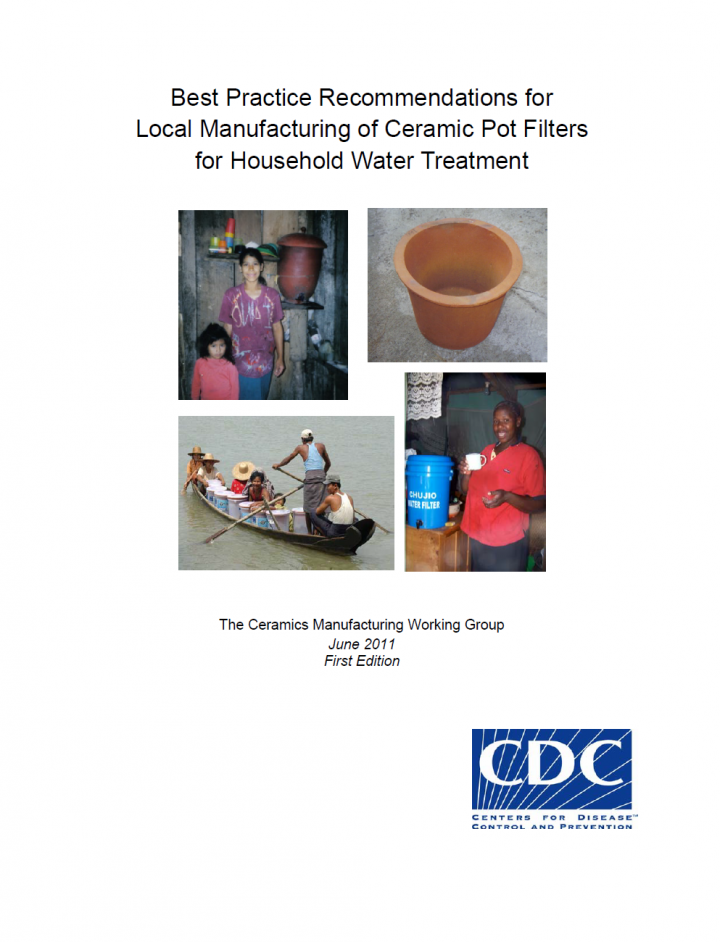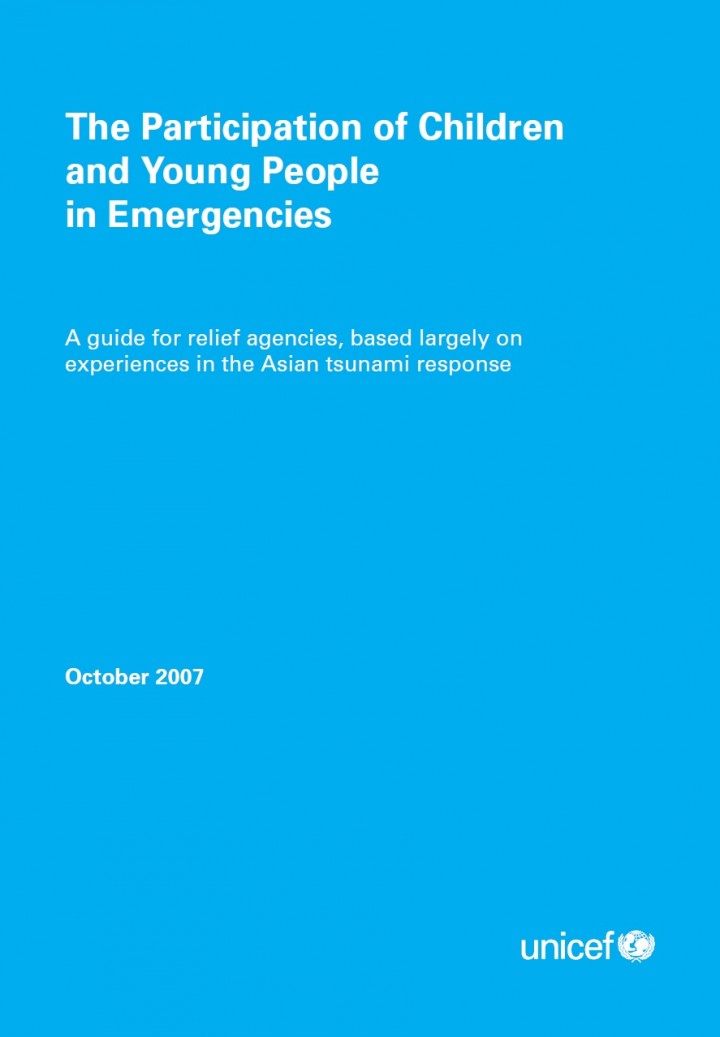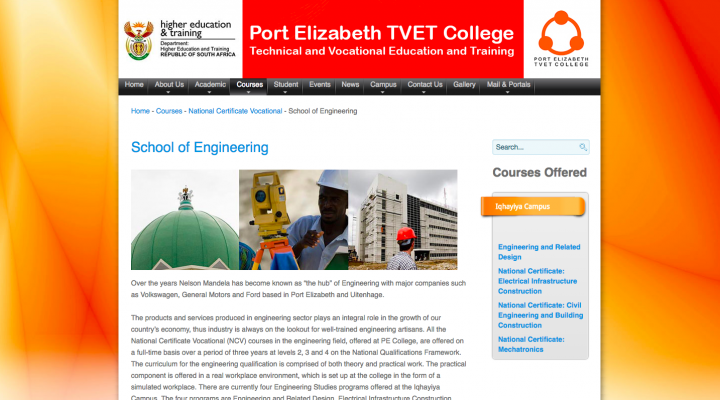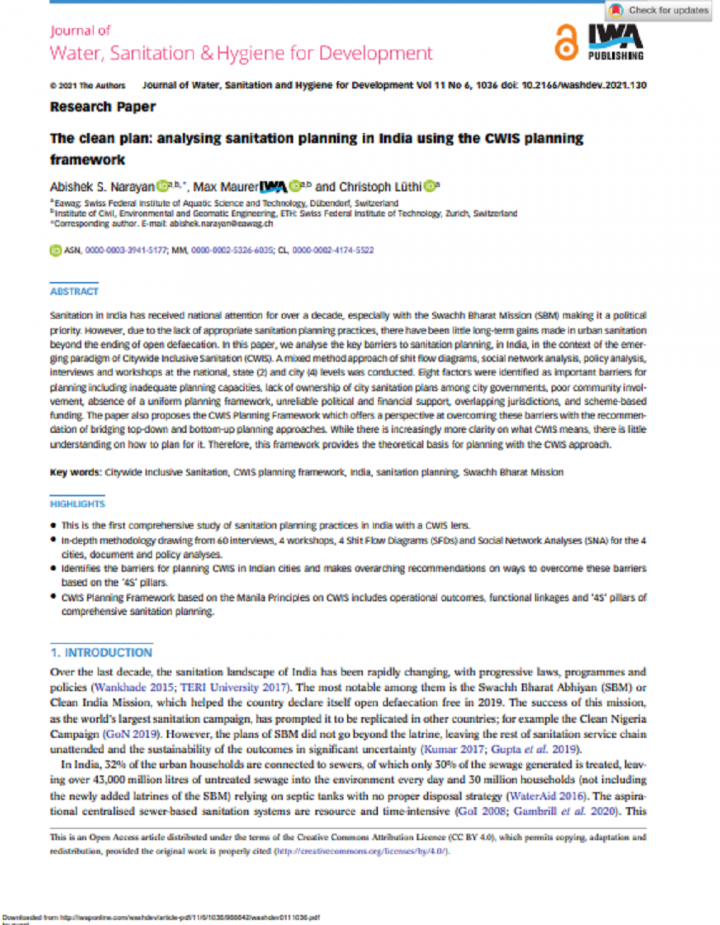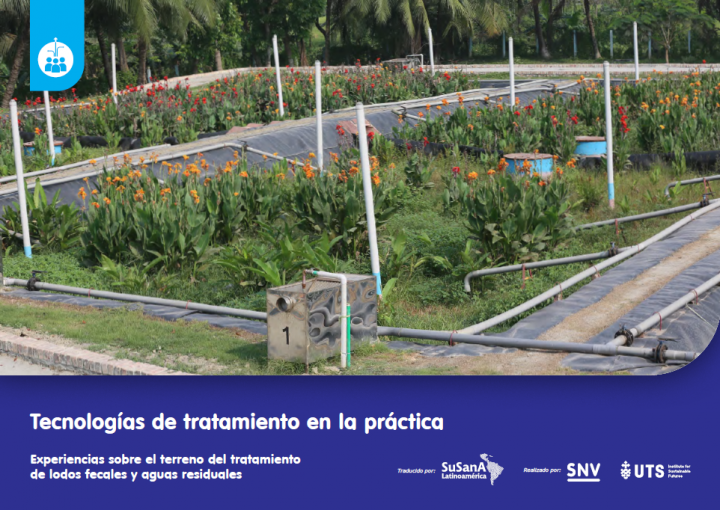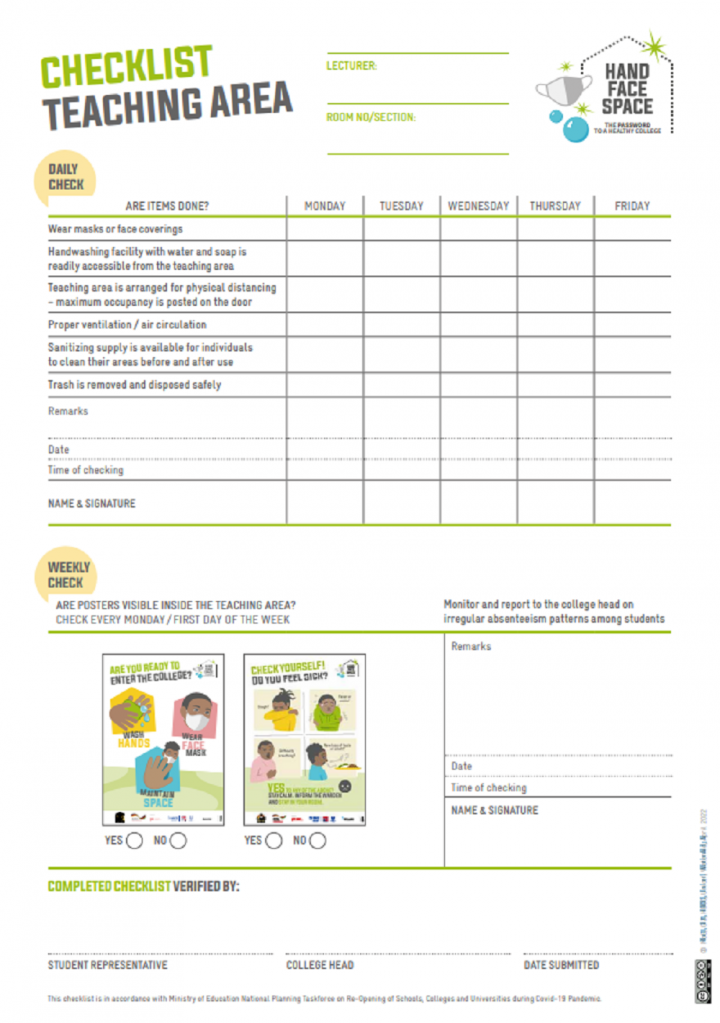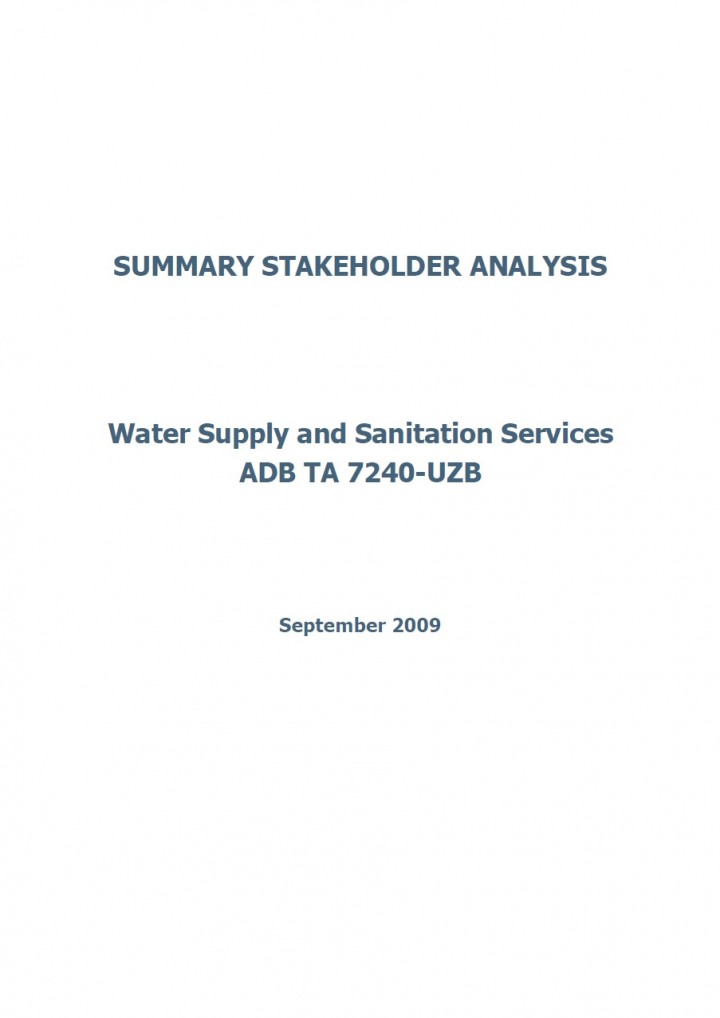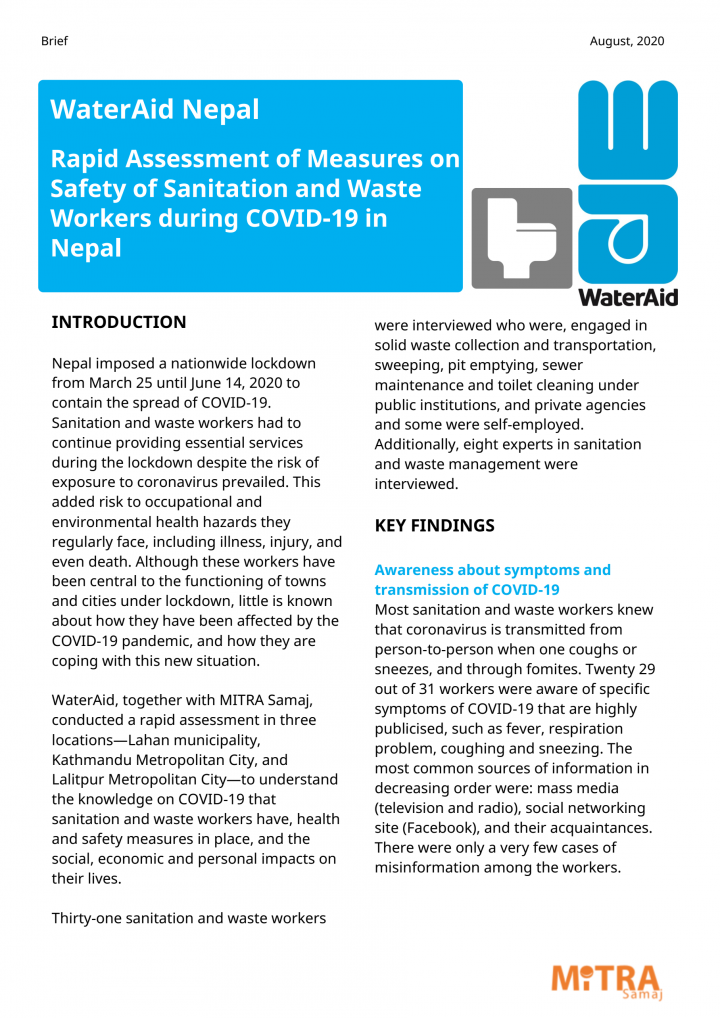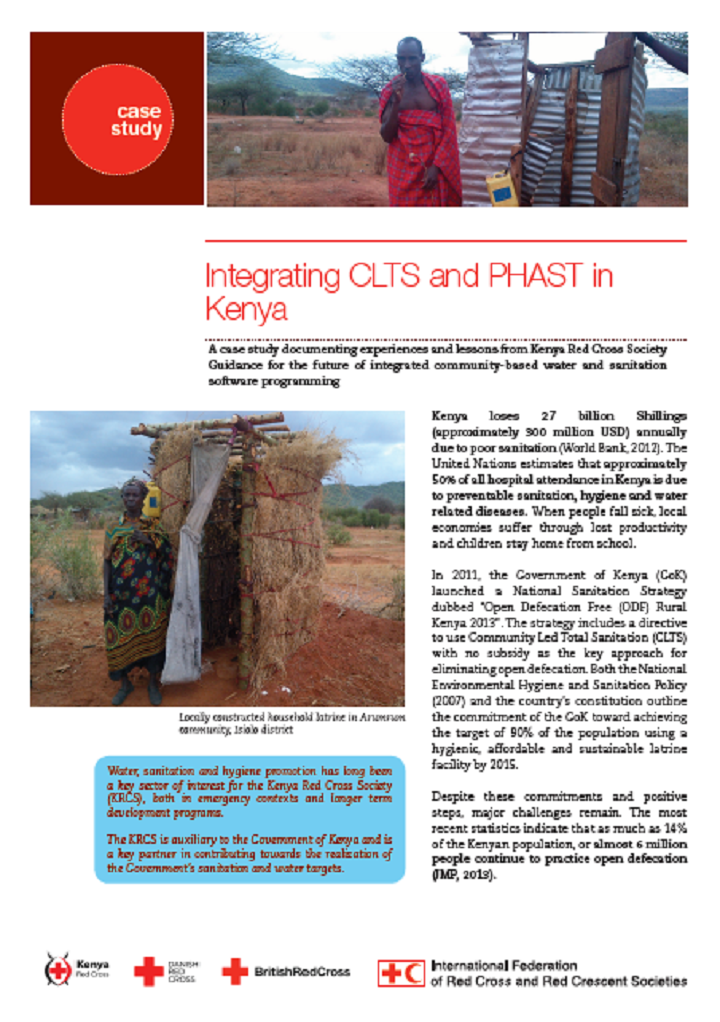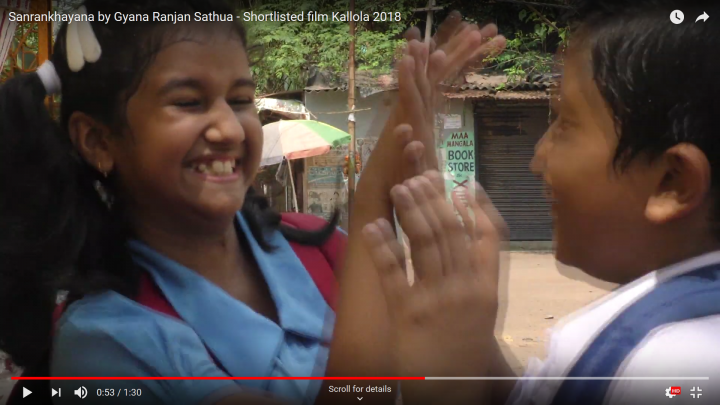Searching for information on Sanitation Workers?
The Sanitation Workers Knowledge + Learning Hub is the best source for all current news, trends, articles and updates on sanitation workers rights around the world.
Decentralized drinking-water systems are an important element in the process of reaching the Millennium Development Goals, as centralized systems are often deficient or non-existent in developing and transition countries (DC and TC). Most water-quality problems are due to hygiene factors and pathogens. A range of decentralized systems is available to counter these problems, including thermal …
The GIZ Programme Water Supply and Sanitation for Refugee Settlements and Host Communities in Northern Uganda (WatSSUP) operates on the nexus of humanitarian and development work and focuses on both refugee and host communities. The programme is implemented under the special initiative on forced displacement of the German Federal Ministry for Economic Cooperation and Development (BMZ). This is in …
The rural water supply scheme (WSS) in Sri Lanka is threatened by multiple climate risks such as flash floods, droughts, landslides, and salinity intrusion. Those rural water supply schemes are managed by Community-Based Organizations (CBOs) and Local Authorities and offer water to 12% of the people who live in marginalized areas through piped systems. Even though Water Safety Planning (WSP) is …
The fast pace of urbanization – primarily due to the quest for good quality education, healthcare facilities, job opportunities, rapid changes in lifestyle and growing aspirations in urban areas– coupled with spurt in economic activities has compounded the sanitation challenges in urban areas, as creation of sanitation infrastructure could not keep pace with urbanization. India is signatory …
Two similar Community Health Club (CHC) interventions to achieve hygiene behaviour change and improved family health in Africa took place—one in Zimbabwe implemented by an NGO and the other in Rwanda as part of a Randomized Control Trial. Both interventions achieved high levels of community response, although the Zimbabwe project was more cost-effective, achieving blanket coverage of all …
Dry toilets are one of the basic services provided for visitors in recreational wilderness areas. Operational environment for toilet waste management in these areas is challenging. At the same time the growing number of visitors in recreational areas is increasing the stress and loading on service infrastructure etc. toilets. The objective of this study was to recognize the major challenges in …
El tema del Dia Mundial del Retrete 2020 es “No dejar a nadie atras”, la promesa central de la Agenda 2030 para el Desarrollo Sostenible.
Este anno, queremos evidenciar que un retrete no es solo un retrete: salva vidas, salvaguarda la dignidad y crea oportunidades. En la actualidad, 4 200 millones de personas carecen de servicios de saneamiento gestionados de forma segura, 673 millones …
This document outlines why proper incinerators are needed for effective waste management in health facilities. Construction of waste management facilities is increasingly the responsibility of WASH practitioners who may be unfamiliar with best practice. This document summarises the key issues to consider and signposts the main guidance available.
Health service data are essential for patient management, facility management, disease surveillance and monitoring of service provision and resource use. Countries also need reliable facility data to assess the performance of their health services as they work towards the UHC targets and the SDGs.
Routine health facility data are collected and reported on a regular basis through Routine Health …
Solar photovoltaic water pumping (SWP) uses energy from solar photovoltaic (PV) panels to power an electric water pump. The entire process, from sunlight to stored energy, is elegant and simple. Over last seven years, the technology and price of solar pumping have evolved dramatically and hence the opportunities it presents. Solar pumping is most competitive in regions with high solar insolation, …
Managers of water, sanitation and hygiene (WASH) programmes normally acknowledge that people need to behave in a hygienic manner to protect water supplies and ensure that sanitation facilities are used properly. However, promoting hygienic behaviour differs from the construction of infrastructure, with indicators of progress being less concrete. This means campaigns need to be planned and carried …
The Sanitation Economy presents vast potential for global economic growth while addressing one of the most urgent grand challenges of our time, achieving universal access to improved sanitation (SDG6). It monetises toilet provision, products and services, biological resources, data and information to provide benefits across business and society.
WHO has defined community engagement as “a process of developing relationships that enable stakeholders to work together to address health-related issues and promote well-being to achieve positive health impact and outcomes”. There are undeniable benefits to engaging communities in promoting health and wellbeing. At its core, community engagement enables changes in behaviour, environments, …
Ceramic filters have traditionally been used to treat household water in many countries, and are commonly available for purchase in both developed and developing countries. Currently, the most widely promoted household ceramic filters in the developing world are based on a design developed in Guatemala in 1981 by Dr. Fernando Mazariegos who, working with the Instituto Centro Americano de …
Introduction
Purpose and rationale
Children have made significant and valuable contributions in emergency situations. They have taken on roles and responsibilities and they have taken action – including life-saving decisions. They have responded spontaneously and taken part in planned relief and recovery action. This has included them in protecting lives, providing health care, distributing …
Port Elizabeth College offers further study opportunities in the form of part-time courses to enhance qualifications and keep in touch with advancing technology and development. The versatility of these programmes range from skills courses with duration of 20 hours to long-term qualifications of up to two years.
Venues where practical courses are conducted are fully equipped with the relevant …
Sanitation in India has received national attention for over a decade, especially with the Swachh Bharat Mission (SBM) making it a political priority. However, due to the lack of appropriate sanitation planning practices, there have been little long-term gains made in urban sanitation beyond the ending of open defaecation. In this paper, we analyse the key barriers to sanitation planning, in …
La operación de las plantas de tratamiento de lodos fecales y aguas residuales rara vez
se desarrolla como se describe en un manual o libro de texto. Sin embargo, poco se ha
documentado sobre los desafíos prácticos de la vida real involucrados. Esta brecha limita
la capacidad de los planificadores y tomadores de decisiones para tomar las decisiones de
inversión correctas. Esta …
An analysis of the stakeholders of the proposed WSSS Improvement Investment Program has identified the individuals, groups and organizations that will be influenced by and affected by the water supply and sanitation services sub-projects.These stakeholders include: government ministries and agencies, provincial organizations, town residents at household-level, the private sector. The analysis …
Nepal imposed a nationwide lockdown from March 25 until June 14, 2020 to contain the spread of COVID-19.
Sanitation and waste workers had to continue providing essential services during the lockdown despite the risk of exposure to coronavirus prevailed. This added risk to occupational and environmental health hazards they regularly face, including illness, injury, and even death. Although these …
The film shows two children who, on the way to school found water gushing from a broken tap. While no-one took any initiative to stop the water flow, the children used their ingenuity to stop the water from getting wasted. This made them late in reaching school but once they narrated their effort they were commended by all.

